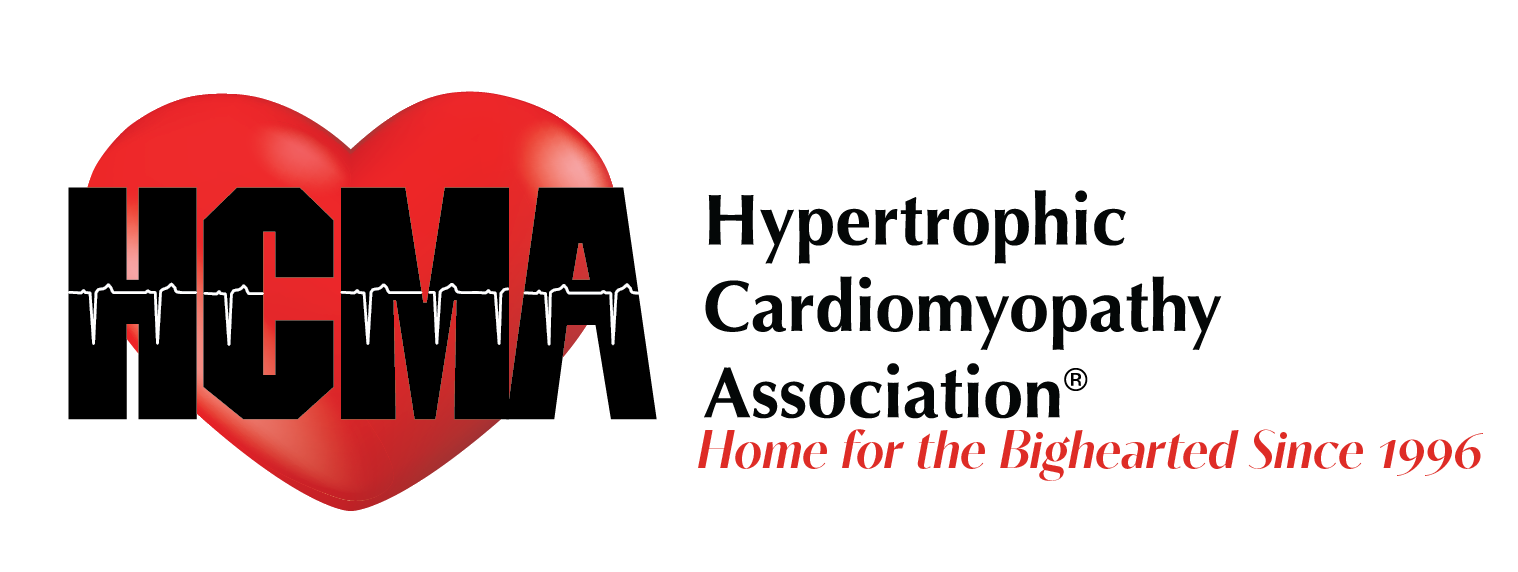
Weight management is a challenge for many. Losing weight is a challenge for nearly everyone who tries it. It can be more difficult for many HCM patients because we often take drugs that slow us down. It’s also hard to study: researchers can assign different groups to different diets, but how can they tell who follows the diet closely, loosely, or not at all? How can they know how much exercise people really get? This problem is more challenging because we also know that weight loss is important for many people, especially those with HCM.
A recent pilot study (20 subjects all with BMI greater than 30, which is labeled “obese”) by a group in Italy, the UK, and the US, though, provides some initial evidence of beneficial effects on the heart from a weight loss and exercise program. Participants used the Mediterranean diet plus an exercise program. Before the study, and at 12 and 24 months, they were examined using echocardiograms , electrocardiography , Holter monitor , CPET , cardiac MRI , and some blood tests. Participants also were given questionnaires asking how well they followed the diet and exercise protocols.
Not surprisingly, some participants lost a lot of weight while others lost less. Regardless of how much they lost, though, there was a significant pattern: the more weight lost, the better the results were for a reduction in several measurements related to the risk of developing atrial fibrillation, increasing their ability to exercise, and in the pressure in the pulmonary artery.
This small pilot study will hopefully lead to more extensive research. But in any case, it should help give us some of the motivation we need to lose some of that extra weight!
Source: Heart Failure Clinics , 17: 303-313. doi://10.1016/j.hfc.2021.01.003
Many readers may not be able to access this article without paying a fee. Some of the authors also published a popular article about this research.
The post Weight loss improves HCM patients’ heart health appeared first on Hypertrophic Cardiomyopathy Association.

 Translate
Translate


